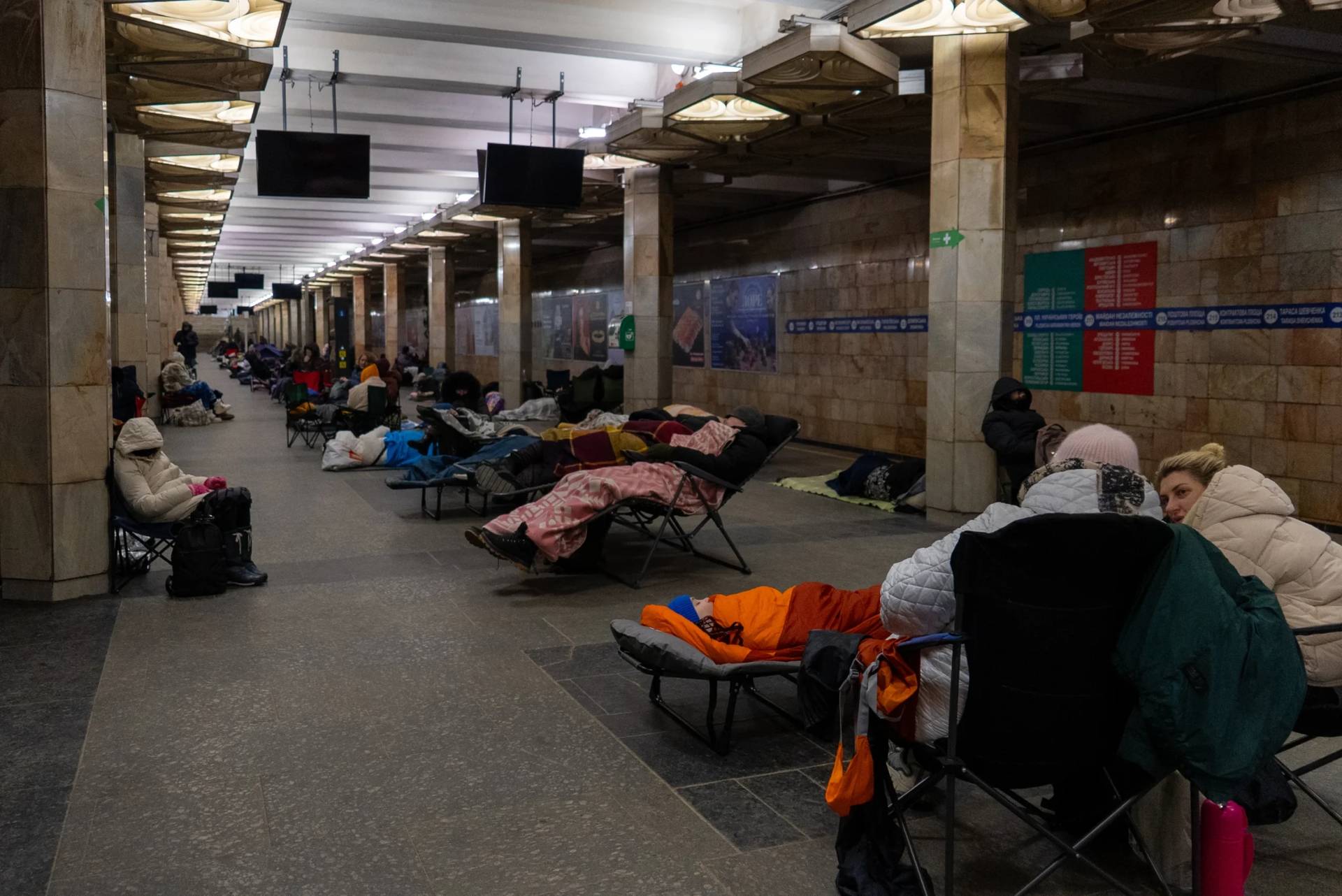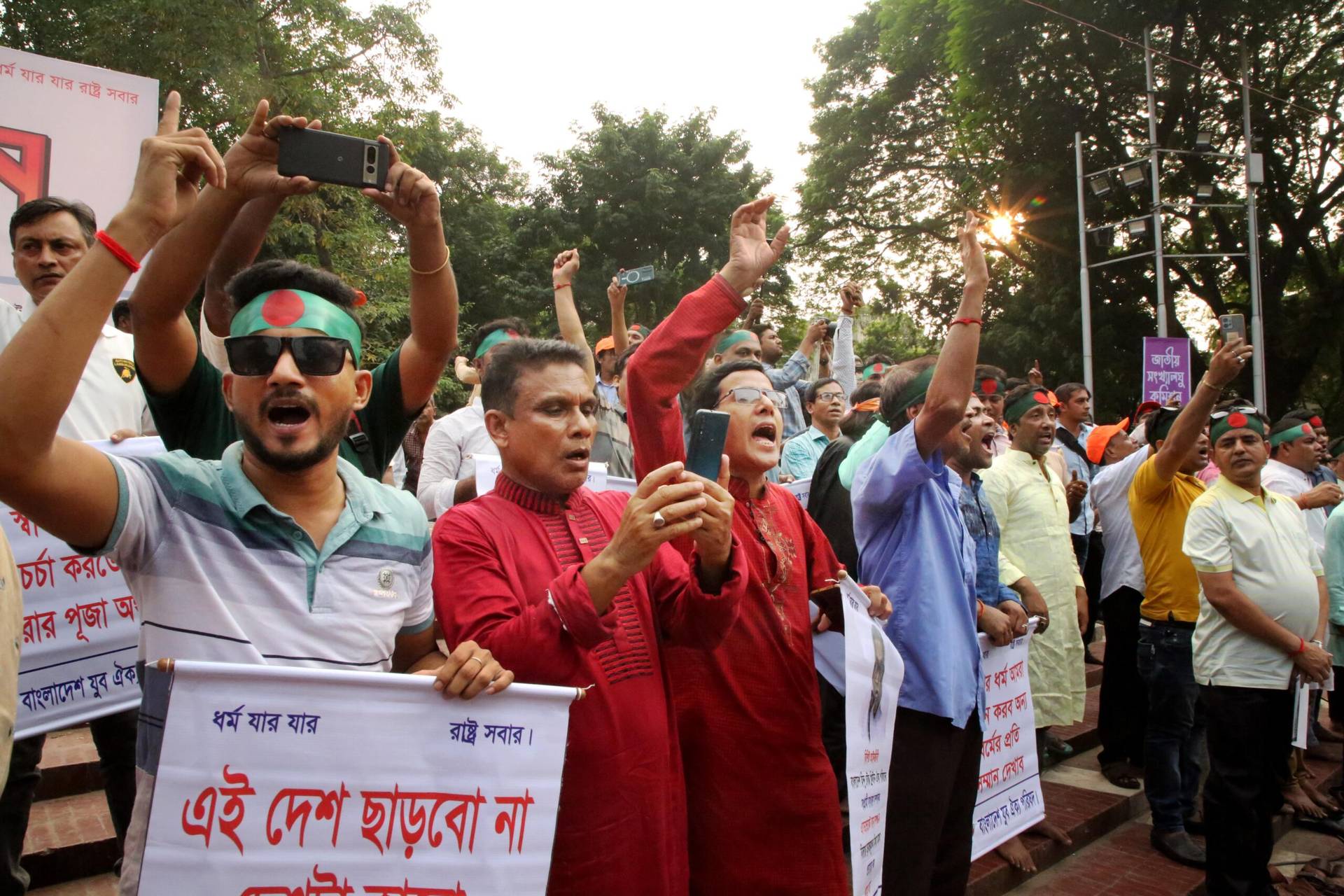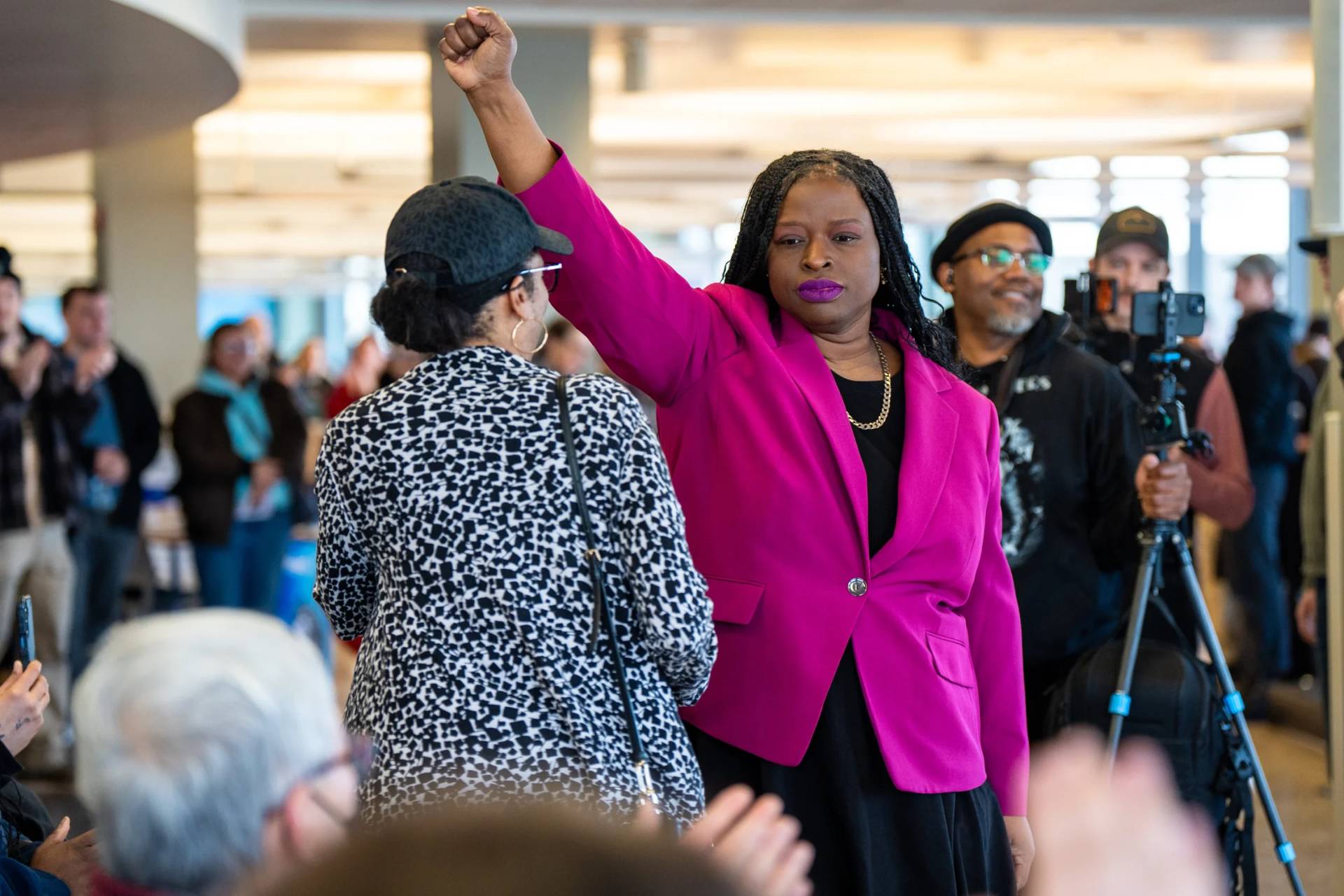ROME — An adviser to the Vatican’s communication team said Monday that recovery from the clerical sexual abuse scandals isn’t a matter of devising a better PR strategy, but of acknowledging that real people have been hurt and delivering “real reform.”
“As Pope Francis says, this is not about ‘marketing or strategizing’ but about ‘the beating heart of the Gospel’,” said Kim Daniels, a veteran leader with the United States Conference of Catholic Bishops and various Catholic organizations, who was appointed an adviser to the Vatican’s Dicastery for Communications in 2016.
“Over these past months many have been tempted to stay angry, and with good reason,” Daniels said. “Every week another shoe seems to drop: we hear of another person – a flesh and-blood person, someone’s son, someone’s brother, someone’s friend – who has suffered abuse at the hands of a priest. We hear another story of cover-up or malfeasance or failure of leadership on the part of a bishop.”
“We hear more talk from everyone, but see little action from anyone,” she said.
Daniel’s remarks came during the sixth annual lecture of the Cardinal John Foley Chair of Social Communications and Homiletics at St. Charles Borromeo Seminary in Philadelphia. It was the first time a woman was tasked with delivering the talk, with previous speakers including Auxiliary Bishop Robert Barron of Los Angeles and Crux editor-in-chief, John L. Allen, Jr.
The Church’s ongoing crisis is not the product of poor public relations or a failure of “messaging,” Daniels said, but the fact that “Church leaders have hurt real people, and real reform is necessary.”
Determining what those responses ought to be, she said, precedes any talk of what communication about this crisis should look like.
A mother of six, Daniel’s is a former spokesperson for the USCCB and, among other things, associate director of the Initiative on Catholic Social Thought and Public Life of Georgetown University.
Focusing mostly on the crisis in the United States, Daniels noted that it’s had “four waves,” beginning in the 1980s and drawing “scattered diocesan responses;” reemerging in 1990 with both the bishops and the Vatican developing anti-abuse policies; then in 2002, with the Boston Globe’s Spotlight series on abuse and cover-up, which led to the Dallas Charter for the Protection of Children and Young People; and the latest wave, which includes the revelations about former Cardinal Theodore McCarrick.
“You all don’t need me to rehearse the details [of the last wave]: the revelations about former Cardinal McCarrick; the release of the bombshell Pennsylvania grand jury report; a series of tendentious, agenda-driven letters from Archbishop [Carlo Maria] Viganò; the acceptance of Washington D.C. Cardinal Wuerl’s resignation; a November meeting of the U.S. Conference of Catholic Bishops which succeeded in conveying mostly disunity and ineffectiveness; and further shoes dropping, as noted earlier, seemingly every week,” Daniels summarized.
She added that the latest wave has also brought it home that, despite what some believe, this is not just an American problem.
“This latest wave has demonstrated that this is a global crisis that requires a global response. Australia, Canada, Chile, Germany, India, Mexico, Ireland, and France are just some of many in a tragic litany of countries whose Catholic lay faithful have suffered through the devastating reality of clerical sexual abuse and cover-up,” she said.
In all these countries, lay Catholics are calling for effective safeguarding measures to protect children and hold bishops accountable for their attitudes and inaction which “allowed the sexual abuse of children and vulnerable adults to occur as prelates sought to protect the institution rather than the faithful.”
Quoting largely from Pope Francis’s letter to the U.S. bishops earlier this year, Daniels listed the spiritual underpinnings that any successful renewal effort will need, including a “clear and decisive focus” on our Gospel mission; unity within the episcopacy; service to all; and core principles of the Church’s social teaching, such as the defense of human life and dignity, including that of victim-survivors, respect of human rights, and the acceptance of responsibility.
When it comes to offering “practical principles grounding the path forward,” Daniels said that she’s “somewhat” hopeful for the upcoming meeting of presidents of bishops’ conferences and other Church leaders, set to take place in Rome Feb. 21-24.
She has a positive view of the group of people tasked with organizing the meeting – four clerics and two lay women in an “advisory role” – and the principles they’ve promoted ahead of the meeting: “keeping victim-survivors first; recognizing the global nature of the problem and the need for a global response; and focusing on the themes of responsibility, accountability, and transparency.”
These principles, Daniels said, should “should ground and guide” the practical steps taken in the United States.
Though bishops are called to own up to their responsibility, they are not the only ones who need to step up: “Given the loss of credibility of the institutional Church, laypeople have a particular responsibility to step up within the bounds of our canonical roles,” Daniels said. “This is no time for passivity.”
When it comes to communication in times of crisis, she insisted that it’s substance that drives effective outcomes. At the end of the day, she said, the best the Church can do is to have the approach of St. Francis de Sales, patron saint of journalists: “Be who you are, and be that well.”
Reflecting on Foley, who died in 2011, Daniels described him as a “legend” in Catholic communications. As a long-time head of the Vatican’s Pontifical Council for Social Communications, he was at the forefront of the Church’s efforts to engage with the world. Before his job in Rome, he was a priest in Philadelphia and editor of The Catholic Standard & Times.














